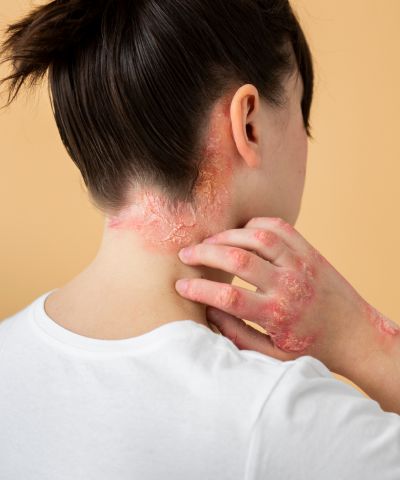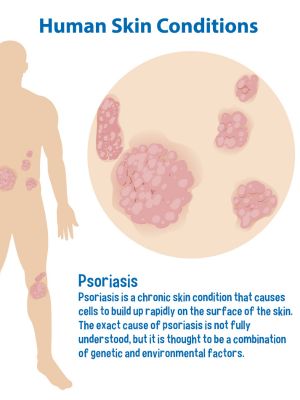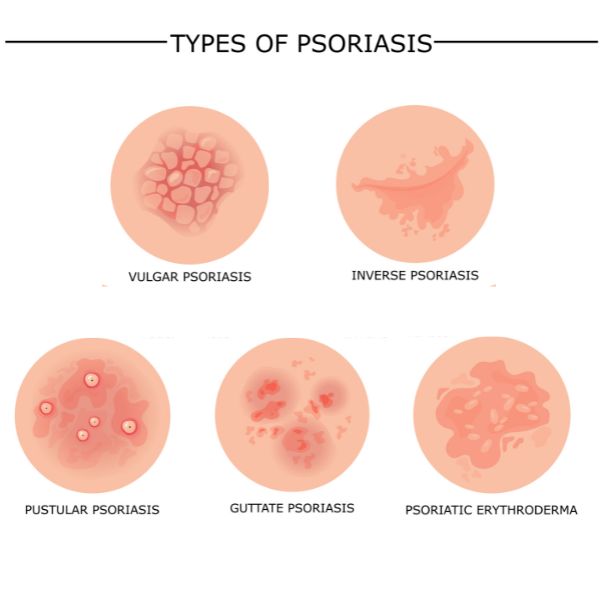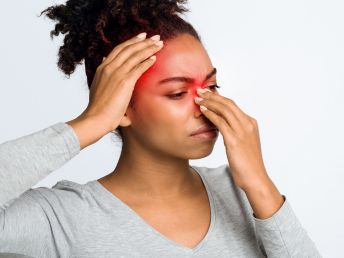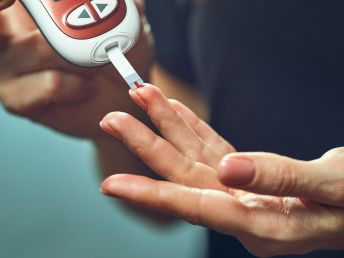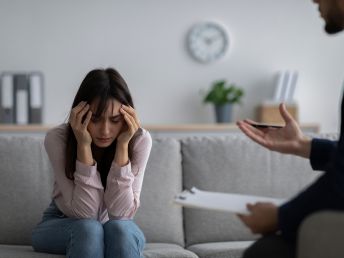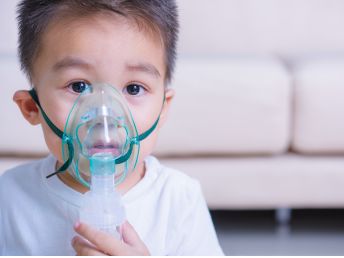Best Homeopathy Clinic in Kurnool
Psoriasis Treatment by
Life Homeopathy
Get relief from Psoriasis at Life Homeopathy Clinic. Our specialized homeopathic treatments gentle and effective solutions for Psoriasis symptoms. Comfort in your skin with our holistic approach.
About Psoriasis
Psoriasis Treatment with Homeopathy at Life Homeopathy Clinic
Psoriasis is an immune-mediated disease that affects the skin. It is typically a lifelong condition. There is currently no cure, but various treatments can help to control the symptoms. Psoriasis occurs when the immune system mistakes a normal skin cell for a pathogen, and sends out faulty signals that cause overproduction of new skin cells. Psoriasis is not contagious. However, psoriasis has been linked to an increased risk of stroke, and treating high blood lipid levels may lead to improvement. There are five types of psoriasis: plaque, guttate, inverse, pustular, and erythrodermic. The most common form, plaque psoriasis, is commonly seen as red and white hues of scaly patches appearing on the top first layer of the epidermis (skin). Some patients, though, have no dermatological signs or symptoms.
Some of the Symptoms of Psoriasis
- Red patches of skin covered with silvery scales
- Small scaling spots
- Dry, cracked skin that may bleed
- Itching, burning or soreness
- Thickened, pitted or ridged nails
- Swollen and stiff joints
- Psoriasis patches can range from a few spots of dandruff-like scaling
Factors causing Psoriasis
- Infections, such as strep throat or skin infections
- Injury to the skin, such as a cut or scrape, bug bite, or a severe sunburn
- Stress
- Cold weather
- Smoking
- Heavy alcohol consumption
Psoriasis Treatment at Life Homeopathy in Kurnool
The name psoriasis (ψωρίασις) is from the Greek language, meaning roughly “itching condition” (psora “itch” + -sis “action, condition”). In plaque psoriasis, skin rapidly accumulates at these sites, which gives it a silvery-white appearance. Plaques frequently occur on the skin of the elbows and knees, but can affect any area, including the scalp, palms of hands and soles of feet, and genitals. In contrast toeczema, psoriasis is more likely to be found on the outer side of the joint.
The disorder is a chronic recurring condition that varies in severity from minor localized patches to complete body coverage. Fingernails and toenails are frequently affected (psoriatic nail dystrophy) and can be seen as an isolated sign. Psoriasis can also cause inflammation of the joints, which is known as psoriatic arthritis. Between 10—30% of all people with psoriasis also have psoriatic arthritis. The cause of psoriasis is not fully understood, but it is believed to have a geneticcomponent and local psoriatic changes can be triggered by an injury to the skin known as the Koebner phenomenon.
Various environmental factors have been suggested as aggravating to psoriasis, including oxidative stress, stress, withdrawal of systemiccorticosteroid, as well as other environmental factors, but few have shown statistical significance. There are many treatments available, but because of its chronic recurrent nature, psoriasis is a challenge to treat. Withdrawal of corticosteroids (topical steroid cream) can aggravate the condition due to the ‘rebound effect’ of corticosteroids
Plaque psoriasis
The most common type of psoriasis is plaque psoriasis. Nearly 90% of the people who live with psoriasis have this kind. Plaque psoriasis shows up as dry, red, raised lesions covered in silvery white scales that may shed. It usually appears on the elbows, knees, scalp, or lower back, although it can crop up anywhere, including the genitals and inside the mouth.
Guttate psoriasis
Up to 10% of people with psoriasis haveguttate, the second most common type of the disease, which usually affects people under 30. In this form, the plaques are smaller and resemble water drops, and typically develop suddenly, often following a cold or upper respiratory tract infection. One of the major triggers of guttate psoriasis is strep throat. The plaques usually appear on the trunk, arms, legs, and scalp, and may be covered in a finer scale than those in plaque psoriasis.
Inverse psoriasis (also called seborrheic psoriasis) Inverse psoriasis develops in skin folds such as the armpits, groin, under the breasts, around the genitals and buttocks, and sometimes behind the ears. It is exacerbated by friction and sweating. Most common in people who are overweight, it often starts out very red without much scale, and may appear shiny.
Pustular psoriasis
White blisters surrounded by red skin are the hallmarks of pustular psoriasis. The skin generally turns red first and then quickly develops noncontagious pustules filled with white blood cells. It usually covers a large swatch of skin and is sometimes accompanied by fever, chills, and severe itching. The blisters may clear quickly but reappear often.
This type of psoriasis has several triggers, including pregnancy and medications such as systemic steroids. Flares may also occur after stopping the use of certain medications, such as strong topical steroid creams.
Erythrodermic psoriasis
The least common form of psoriasis results in inflammation, itching, and a painful red rash that may peel and often covers the entire body. Sometimes accompanied by chills and unregulated body temperature, it can result from severe sunburn, withdrawal from systemic treatment, or another form of psoriasis that is not well controlled. People with erythrodermic psoriasis should seek immediate medical attention because it can lead to dangerous protein and fluid loss, swelling, infection, or pneumonia, and can require hospitalization.
Psoriatic arthritis
Up to 30% of people with psoriasis also have psoriatic arthritis, which usually develops five to 10 years after the original psoriasis diagnosis (although it can show up before a skin diagnosis). The primary symptoms are pain and stiffness in a joint or joints. Morning stiffness, which can take 45 minutes to loosen up, and tendinitis are two other signs.
If a person with psoriasis develops joint symptoms that last more than a few weeks, they should be evaluated to see if they have developed psoriatic arthritis. People with mild psoriasis might be just as likely to develop arthritis as someone with a severe form of the disease. Although psoriatic arthritis is not as debilitating as other forms of arthritis, it should be controlled to minimize pain and maximize joint function.
Life Homeopathy Clinic in Kurnool
Holistic healing at Life Homeopathy Clinic. From common ailments to chronic conditions, find effective treatment with our homeopathic remedies. Contact us or visit for comprehensive care tailored to your health needs

